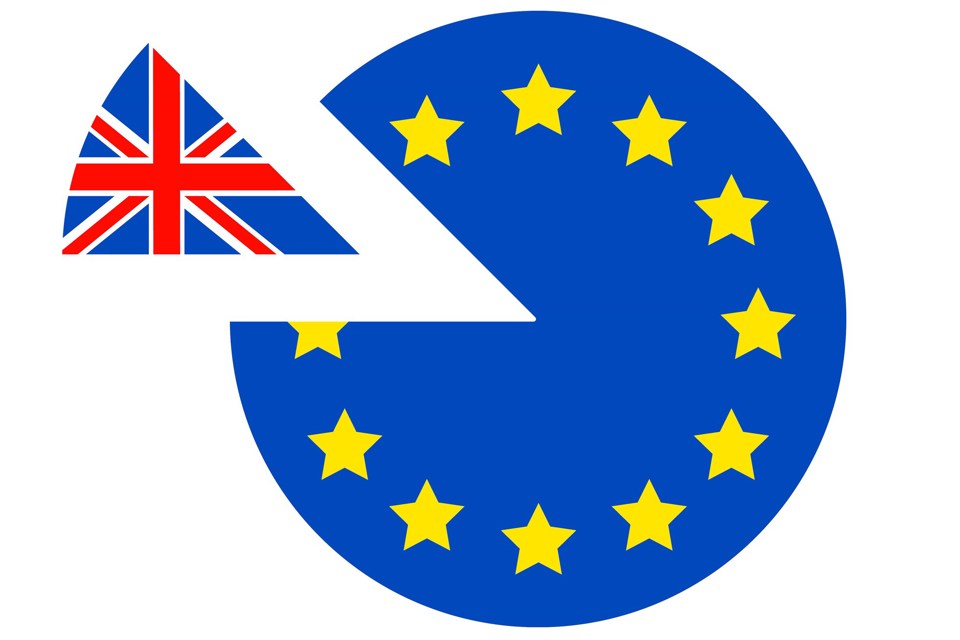The Government has this afternoon been told it has to make a trade deal with the European Union to avoid World Trade Organisation tariffs that could see an average £1,500 added to the price of a new car.
Upon Theresa May triggering Article 50 this morning, signalling the UK’s formal exit procedure from the EU, Mike Hawes, Society of Motor Manufacturers and Traders’ chief executive, said: “Triggering Article 50 has started a race against time to secure a deal that safeguards the future of the UK automotive industry.
“The Government has committed to creating and supporting the right conditions for our industry to be successful.
“That means certainty in our relationship with our biggest market, tariff-free and open borders so products, parts and investment can flow freely, and continued influence over the regulation that governs the vehicles we build and drive.
“We will continue to work with government and our European counterparts - but no deal is not an option.
“Now is the time for government to deliver.”
No deal at the end of the two-year negotiations would mean the adoption of World Trade Organisation (WTO) rules, the “worst foreseeable outcome for the UK automotive industry”, he said.
Current WTO tariffs are 10% for cars and 2.5% - 4.5% for parts.
The SMMT has calculated that a 10% tariff would add £1.8 billion to the cost of fully assembled cars exported from the UK and £2.7bn to those imported from the EU – which would add some £1,500 to the cost of every one sold in the UK.
“Such tariffs, as well as other non-tariff barriers and customs restrictions would put our industry at an immediate competitive disadvantage, inevitably hitting consumers in the pocket with price increases and reduced choice.
“Attracting investment whilst carrying these additional costs would be a major challenge, a challenge already visible with the current uncertainty resulting in reduced investment, down from £2.5bn in 2015 to £1.66bn last year.
The SMMT today renewed its call for the automotive industry to be at the heart of negotiations.
As a highly-integrated sector that has maximised the benefits of the European single market, this is perhaps the most significant threat to the competitiveness of the UK automotive sector in a generation, it said.
The UK automotive industry employs more than 800,000 people across the country, including manufacturers, suppliers, retailers and the aftermarket, contributing £18.9 billion to the economy.
2016 was the best year ever for new car registrations, car production is at a 17-year high with record exports and the EU’s highest productivity levels.
The biggest market by far is Europe.
Total automotive trade with the EU is worth more than £42 billion – nearly seven times the value of our next biggest trade partner, the US.
Nearly 70% of the cars UK consumers buy come from European factories, more than half our new car exports are destined for European markets and the tens of thousands of parts that make up a car cross European borders multiple times.
“We need both sides to reach a deal which protects this frictionless, ‘just in time’ movement but one which also avoids tariffs, harmonises regulation and ensures the European and UK automotive industries remain the engine for growth, innovation and jobs.
“The UK automotive industry trades around the globe.
“We want the UK to exploit new markets, but this should not be at the cost of our biggest trading partner. Substituting one market for another is not straightforward given differing consumer tastes, regulation and market access.
“We need a trade policy aligned to a strong industrial strategy that supports the specific needs of the sector for all the investment, reshoring and export opportunities. We need an outcome that maintains growth, innovation, consumer choice and the long-term future of the industry,” Hawes said.
SMMT’s priorities for UK automotive in the negotiations
1. Equivalent single market benefits – Zero tariffs and no trade barriers with the EU.
2. Customs – Maintaining the arrangements and benefits the UK enjoys as part of the Customs Union, with common customs procedures.
3. Talent – Guaranteed access to talent across Europe.
4. Regulation – Continuity in rule making through regulatory harmonisation.
5. Trade – Securing the UK’s position in current and future trading relationships.


















Roger Whalley - 30/03/2017 12:57
Does the SMMT not realise that German, French and Italians have the same interest in making sure that a satisfactory deal is done in good time. They have as much, if not more, to lose as we do. This is just another example of panic mongers trying to block Brexit